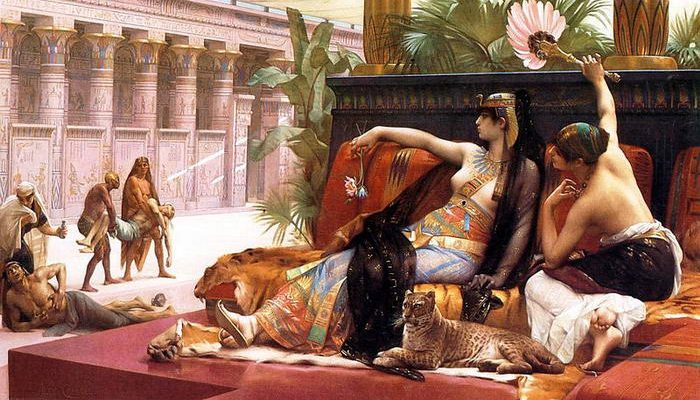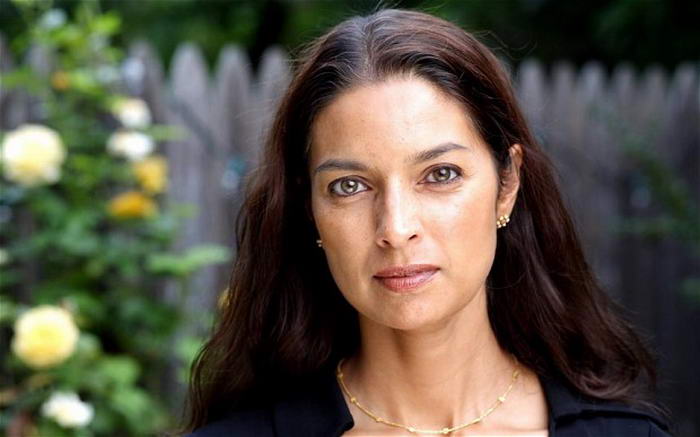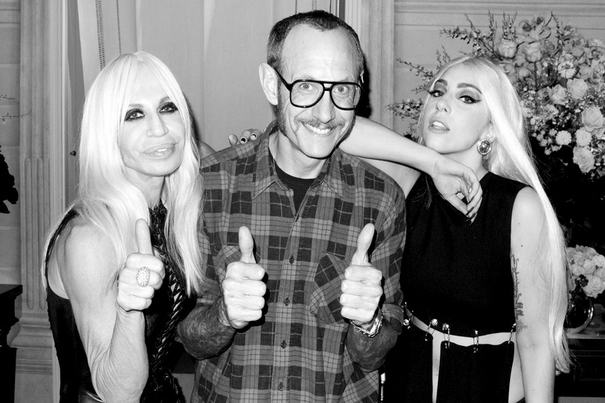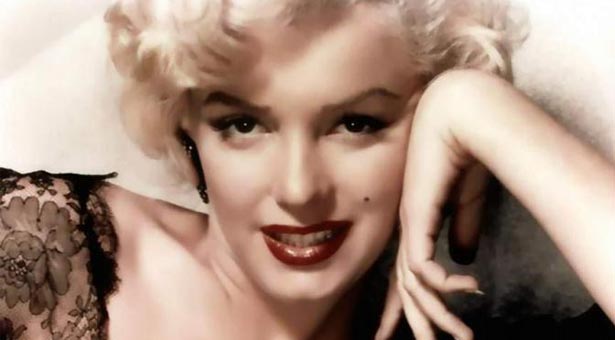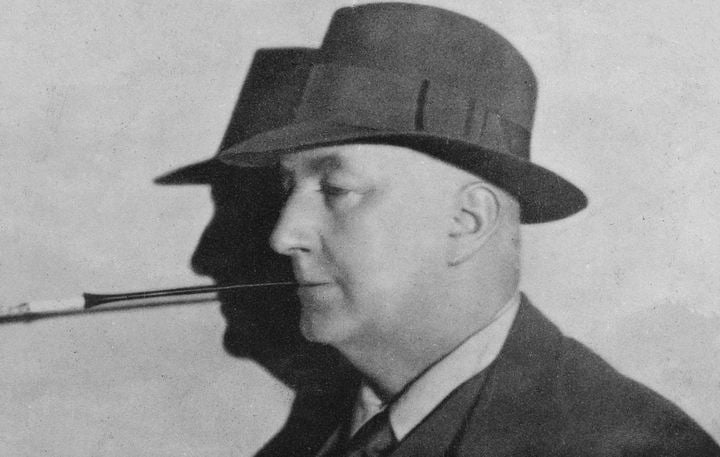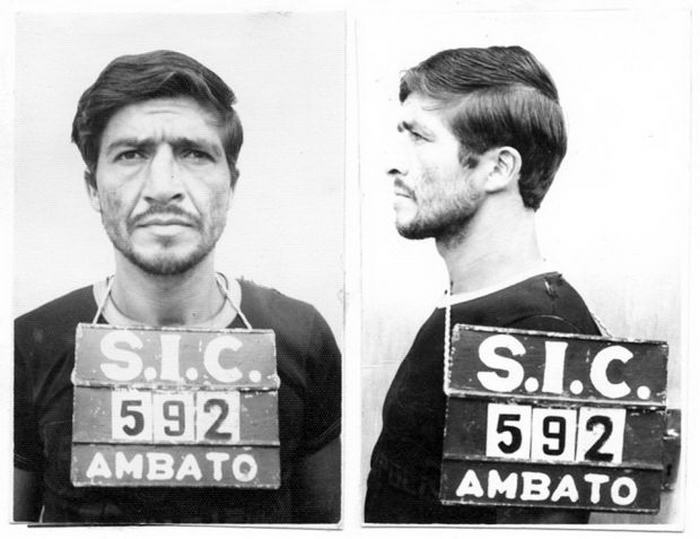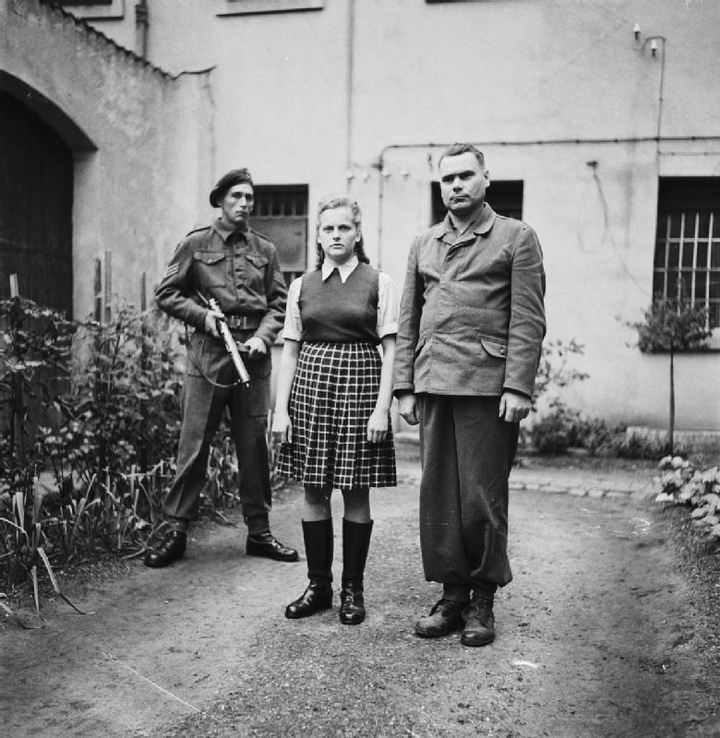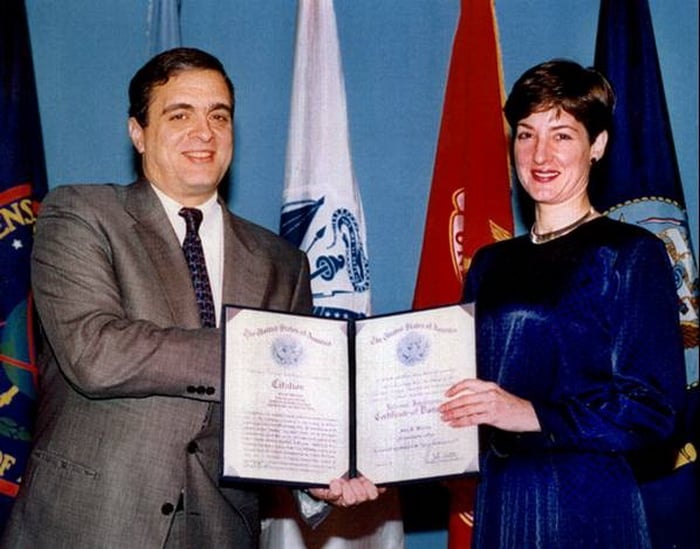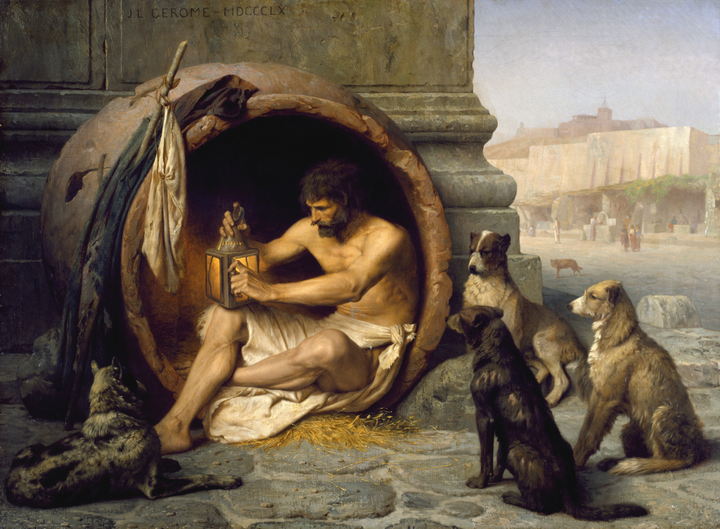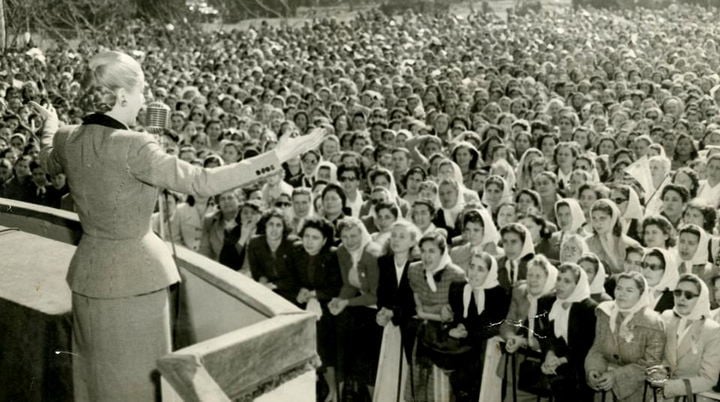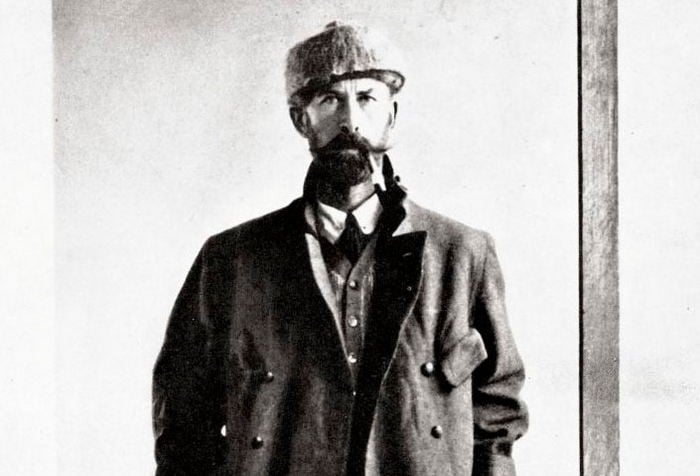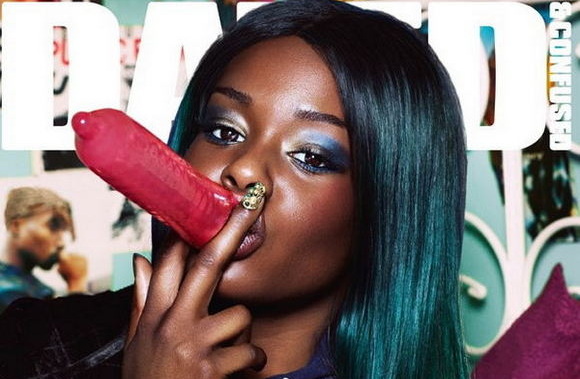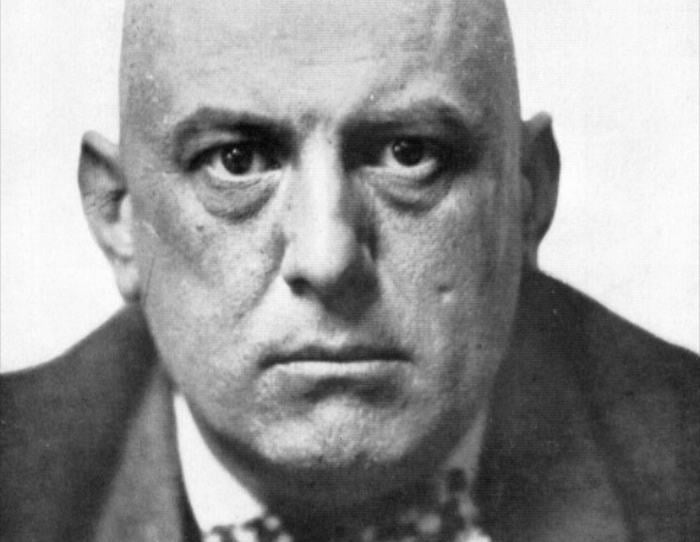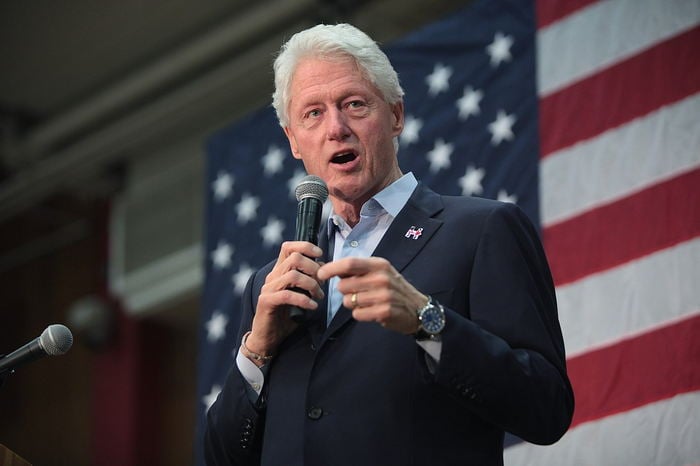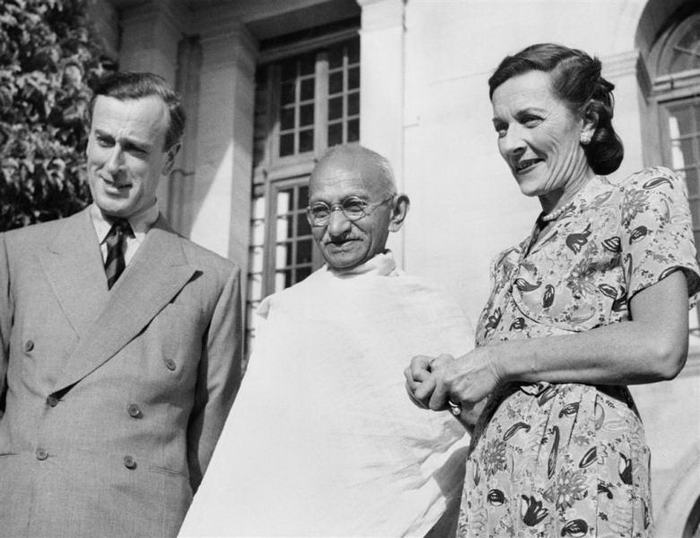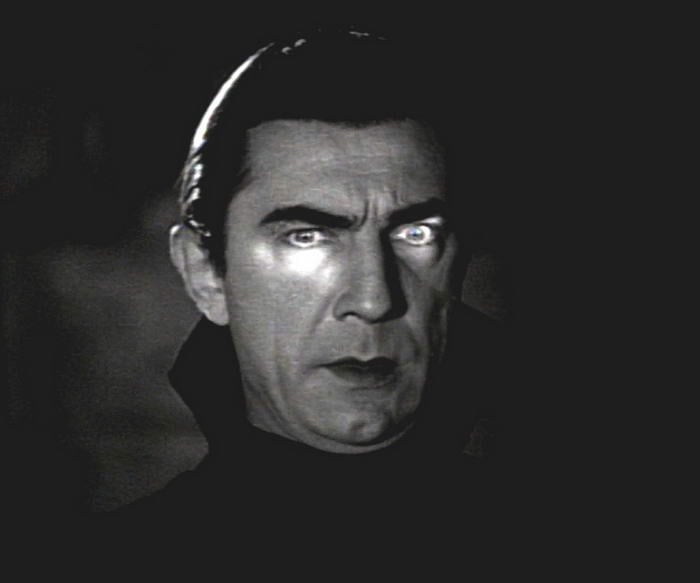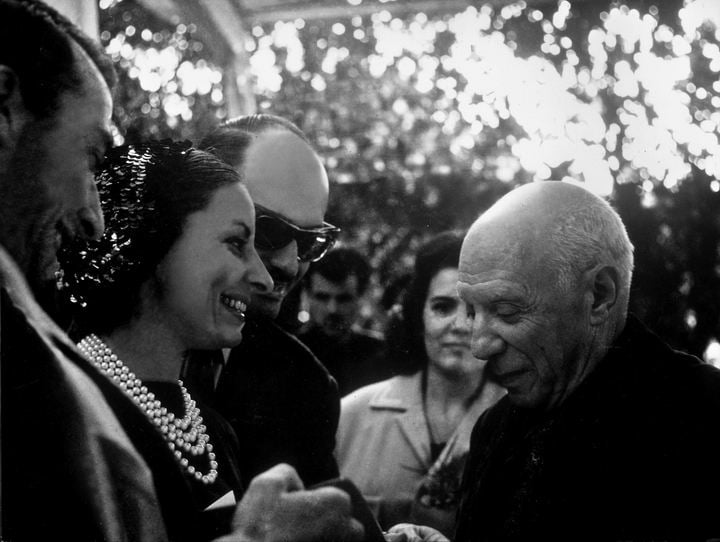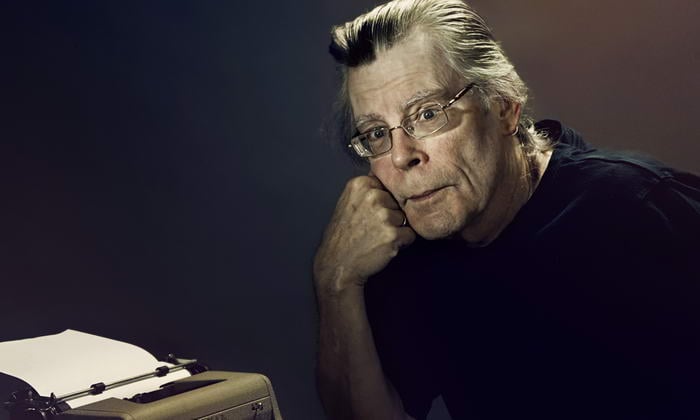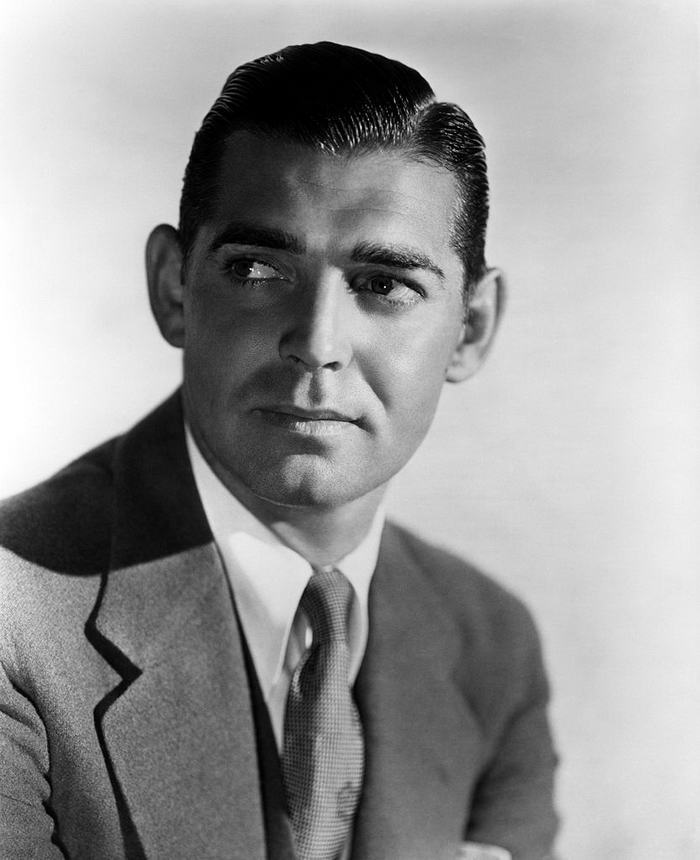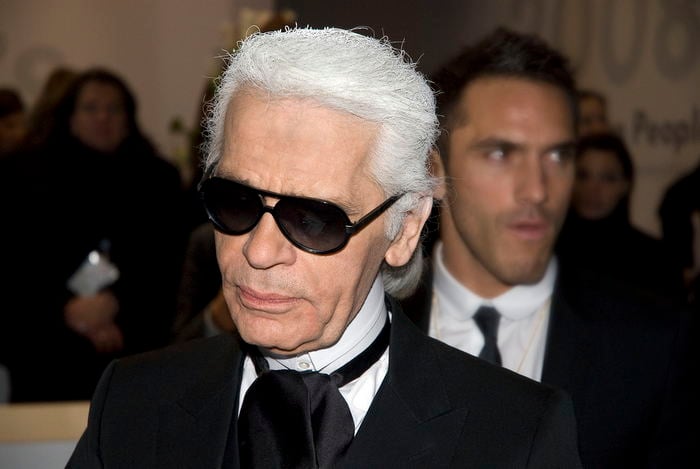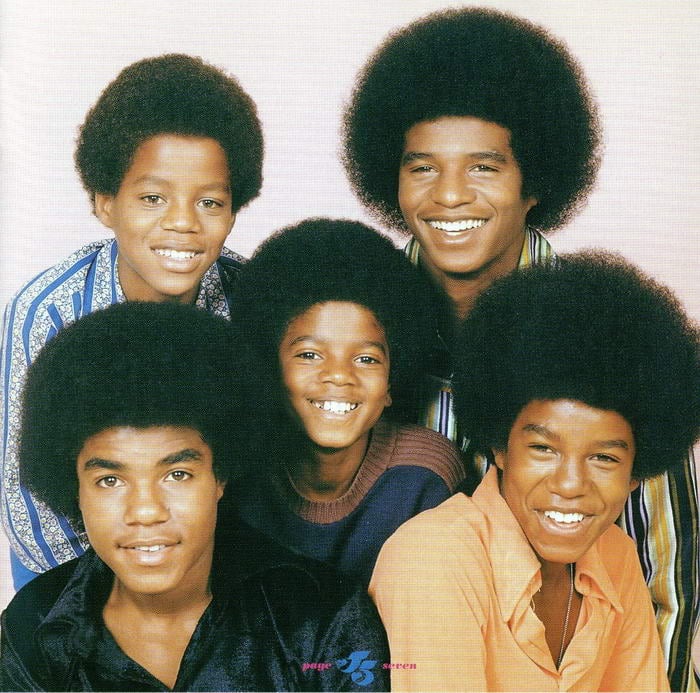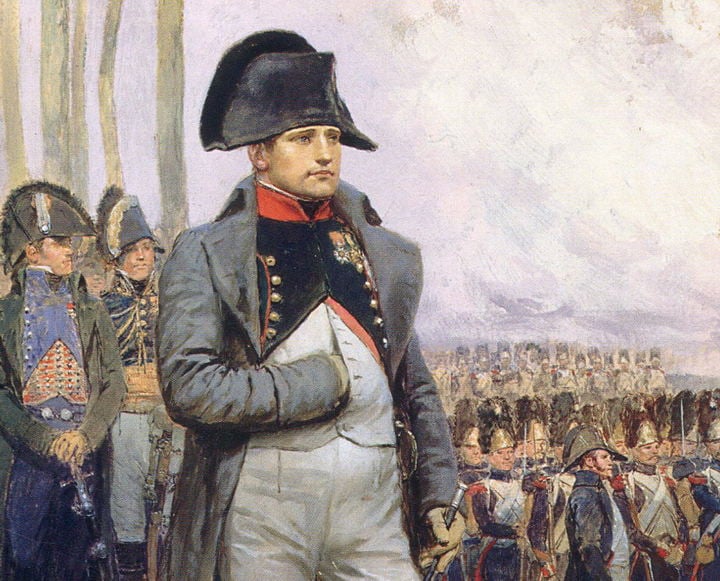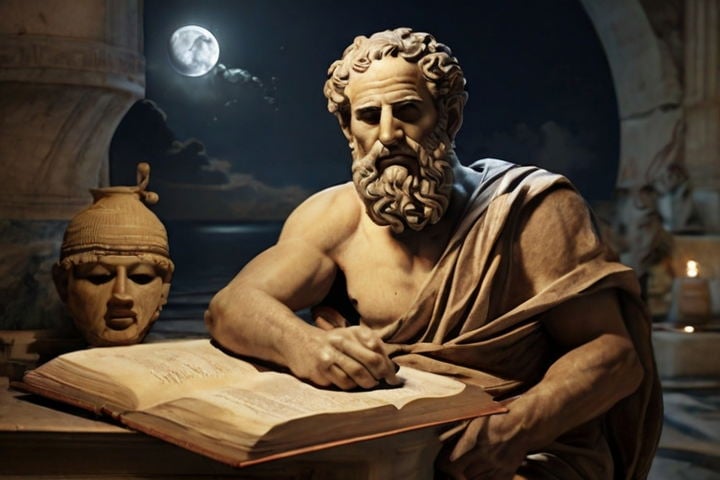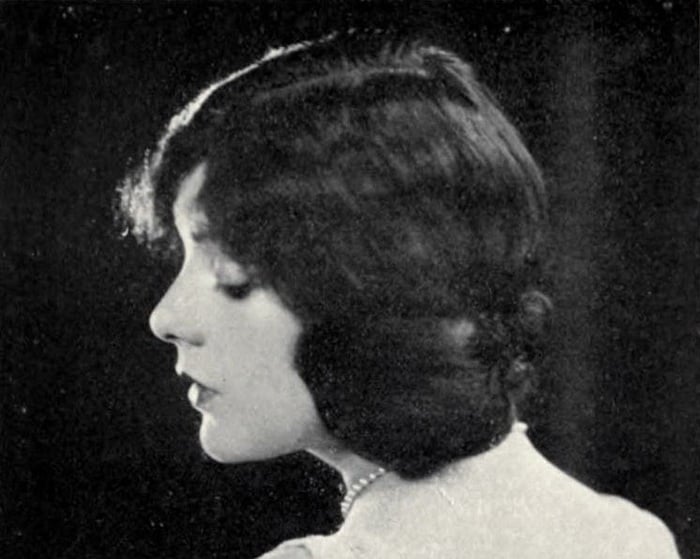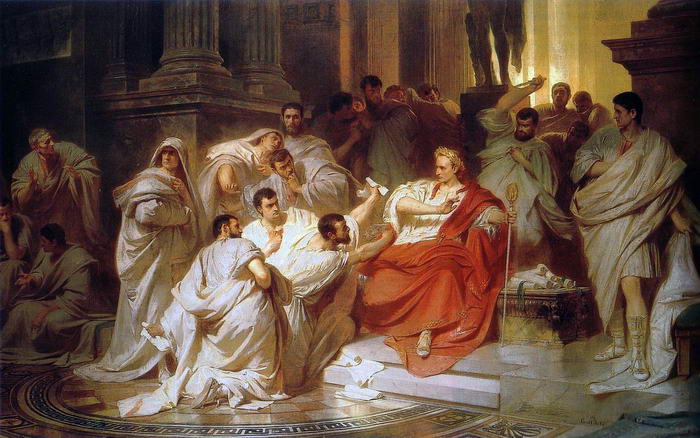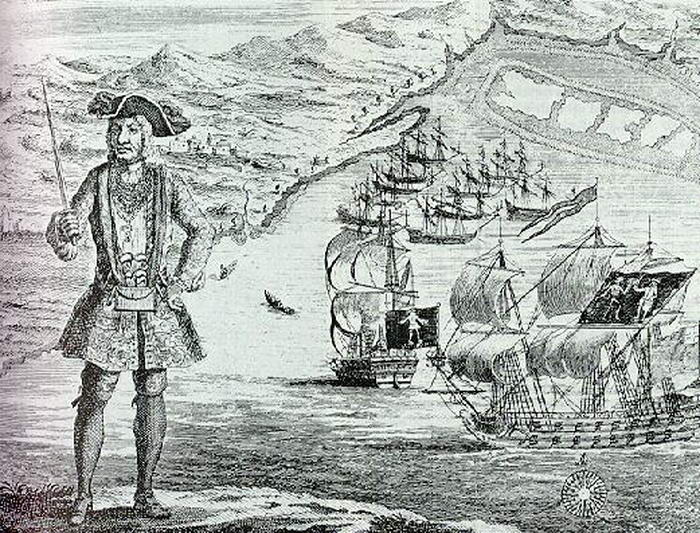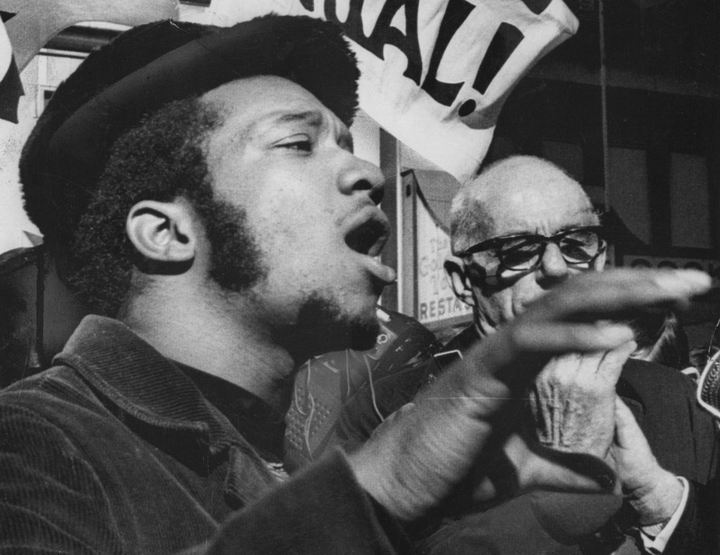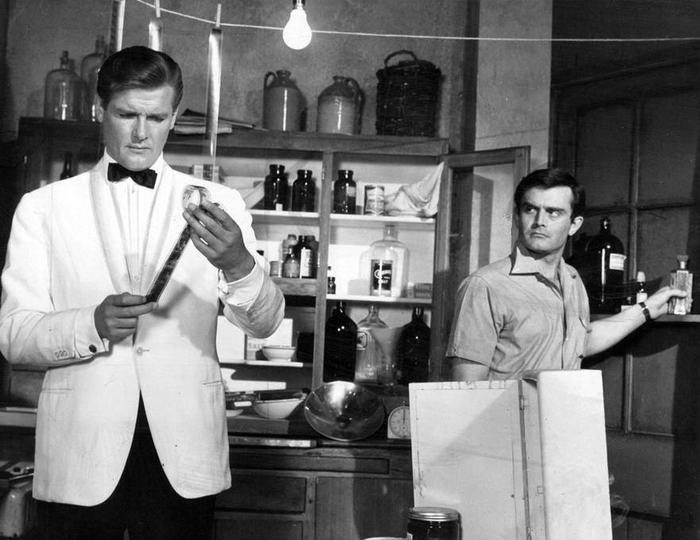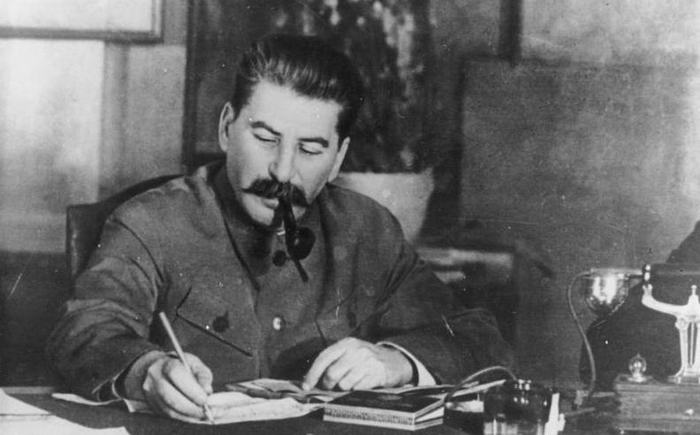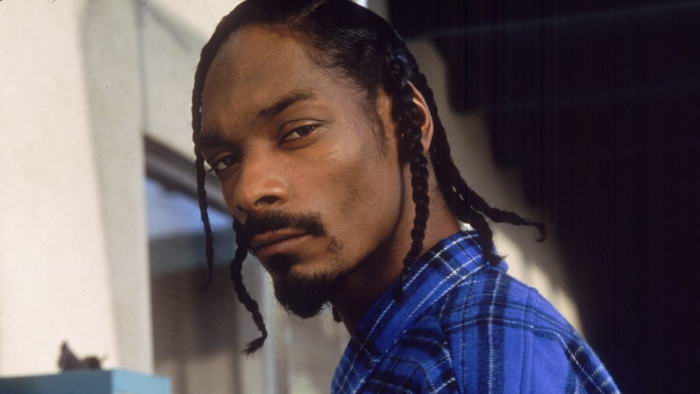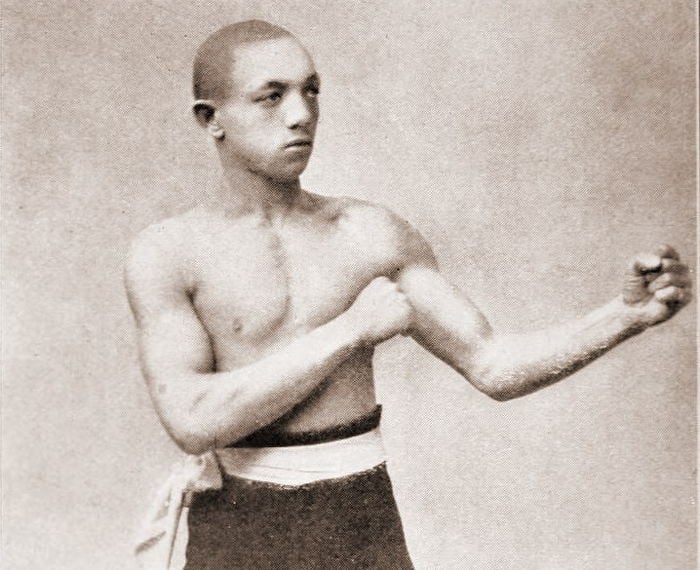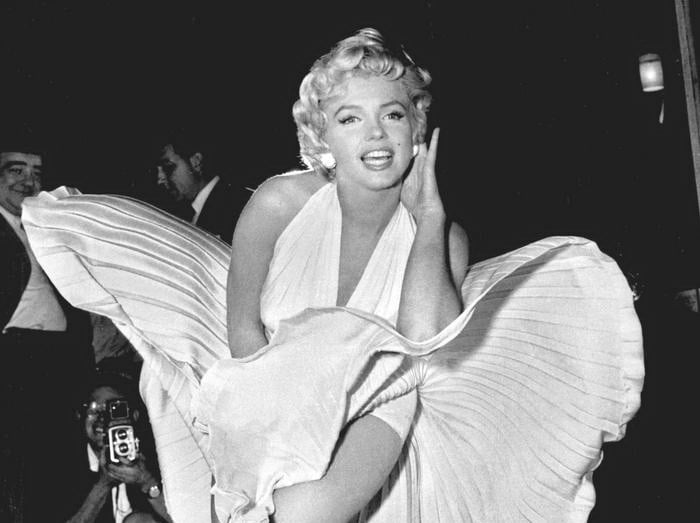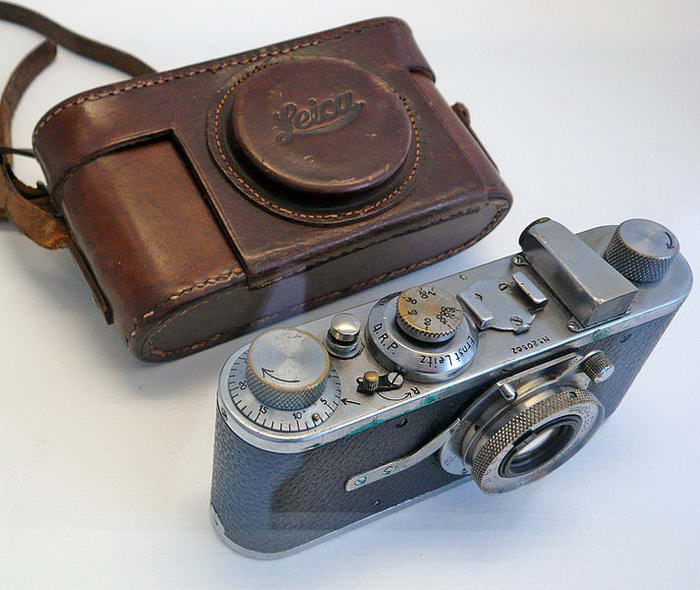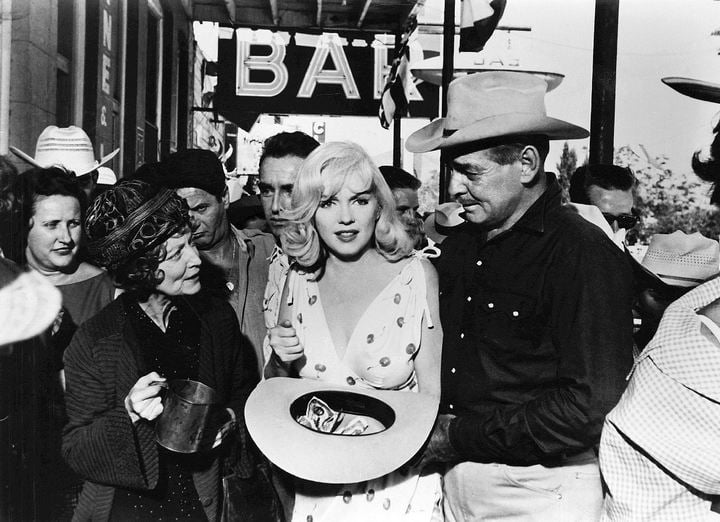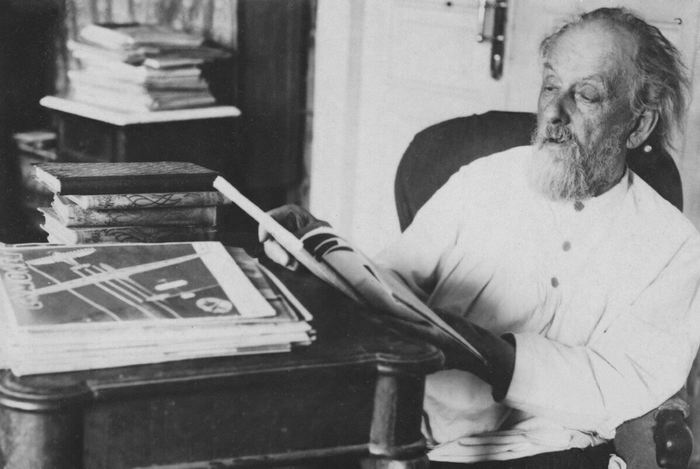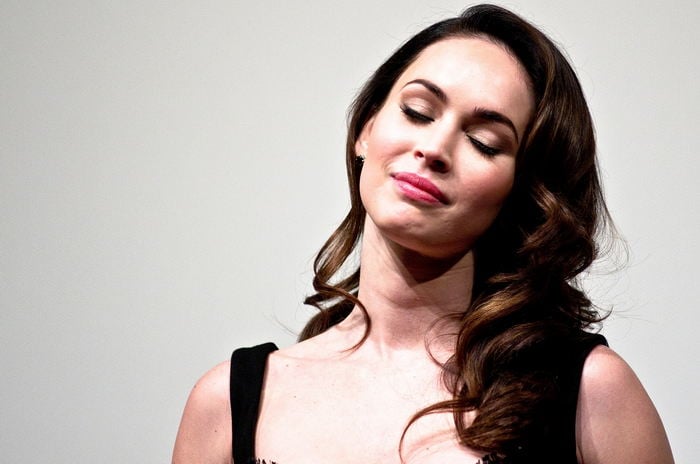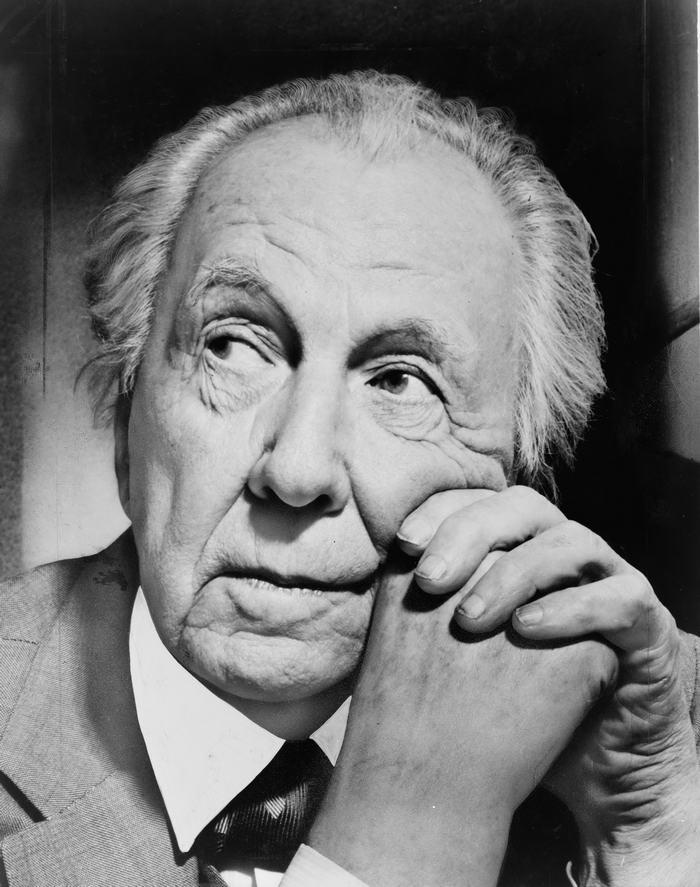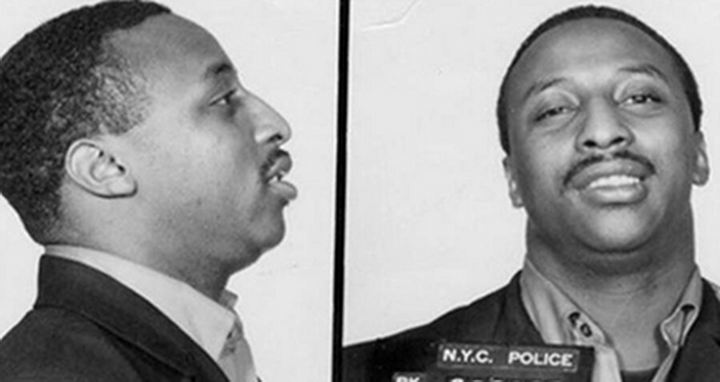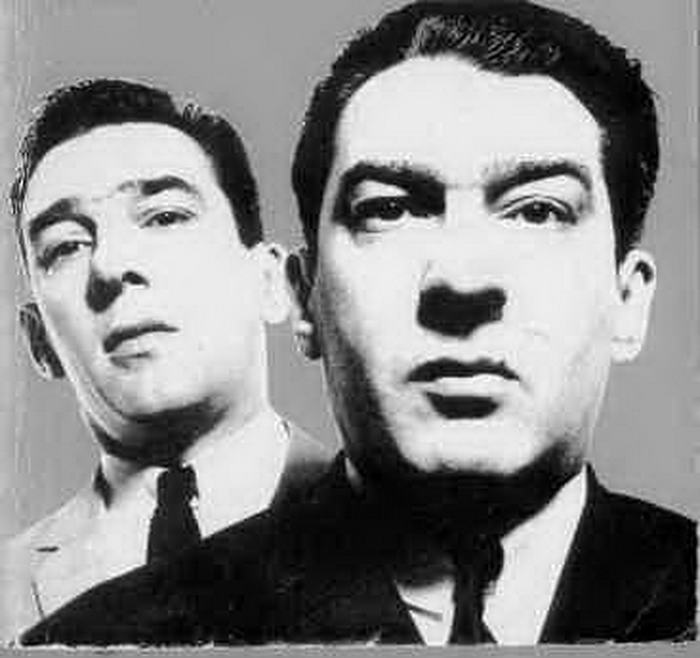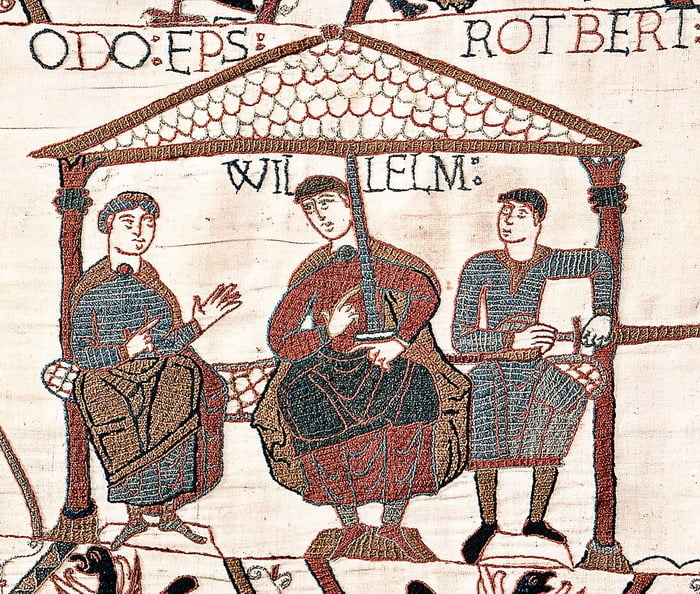It’s like a treasure hunt, unearthing stories that feel like little-known gems, especially when they involve strong, brave and trailblazing women in history. It’s high time we talk about the famous women who made the world sit up and take note, thanks to their sheer grit, determination, and fearlessness.
Picture this: a world with gender boundaries so strict, the mere thought of transgressing them feels unthinkable. Yet, through this world, moved women who chose to defy the norms. Each one a female historical figure who dared to dream beyond the realm of her kitchen and home. These are the women whose names echo across the ages. They didn’t merely navigate their circumstances; they reshaped their world.
Some wielded paintbrushes, others held pens, some ascended political pedestals, while others journeyed through the starry canvas of space. From scientific advancements to masterpieces in literature, from civil rights movements to waves of feminism, these famous women in history have left imprints that have moulded the world as we know it. So, let’s shine a spotlight on these famous historical women and their incredible contributions. Their tales are not just stories; they’re slices of history that inspire us to dream, push boundaries, and perhaps even shape the future.
10 – Catherine de Medici
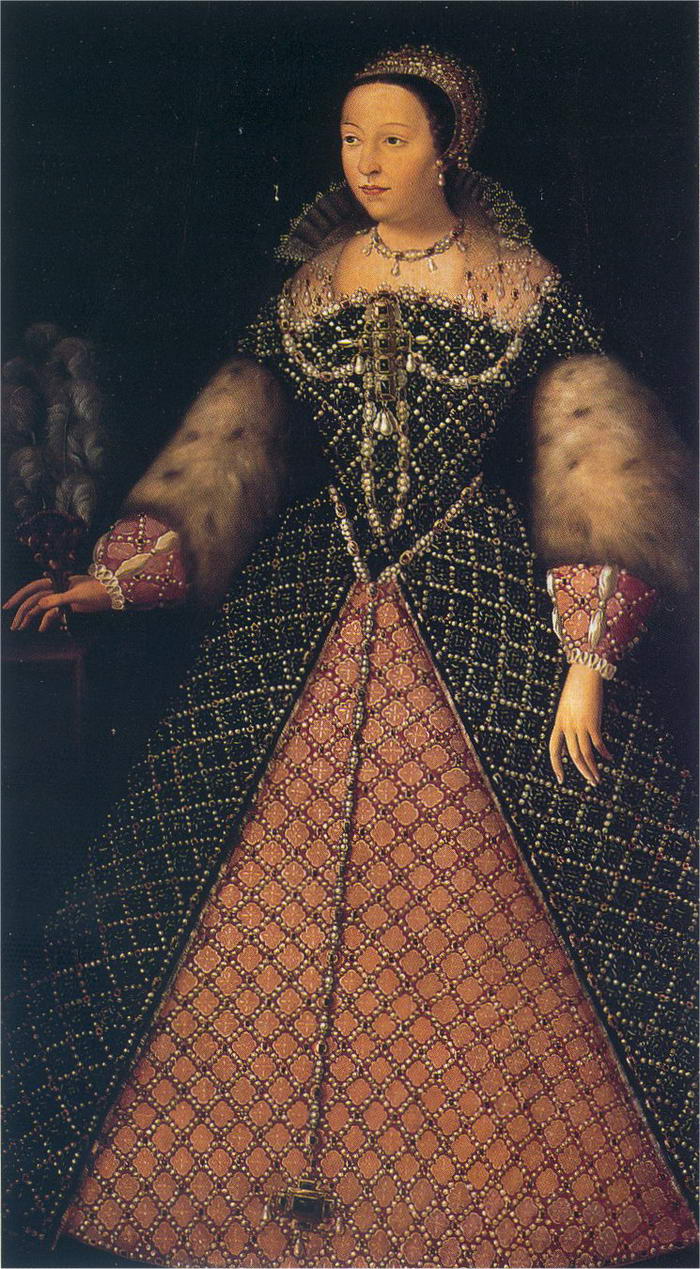
Born into the powerful Medici family in Florence, Italy, Catherine was married to Henry II of France at a young age. On her husband’s premature death, Catherine became the regent for her young sons, effectively ruling France during their reigns.
Catherine’s rule was marked by religious wars and political intrigue. Despite the turbulent times, she managed to maintain a delicate balance, adeptly handling the factions and religious divides that threatened to tear France apart. Her innovative strategies to maintain peace are a testament to her political acumen.
Furthermore, Catherine de Medici is famous for her patronage of the arts. She introduced Italian Renaissance ideas and culture to France, significantly influencing French cuisine, architecture, and fashion. She remains an influential historical woman, a testament to her resilience and political acuity.
09 – Eleanor of Aquitaine
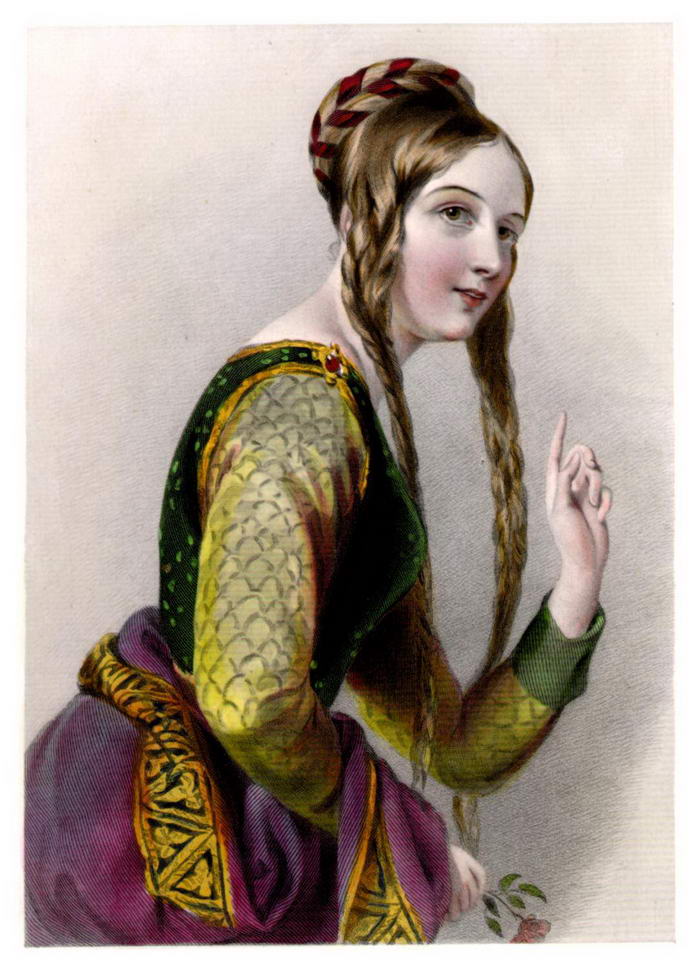
This woman had a huge amount of influence over her reigning sons, so consequently she impacted much of Europe at the time. This was particularly impressive, especially considering that during the Middle Ages, women were not generally given roles of importance and power.
08 – Marie Curie
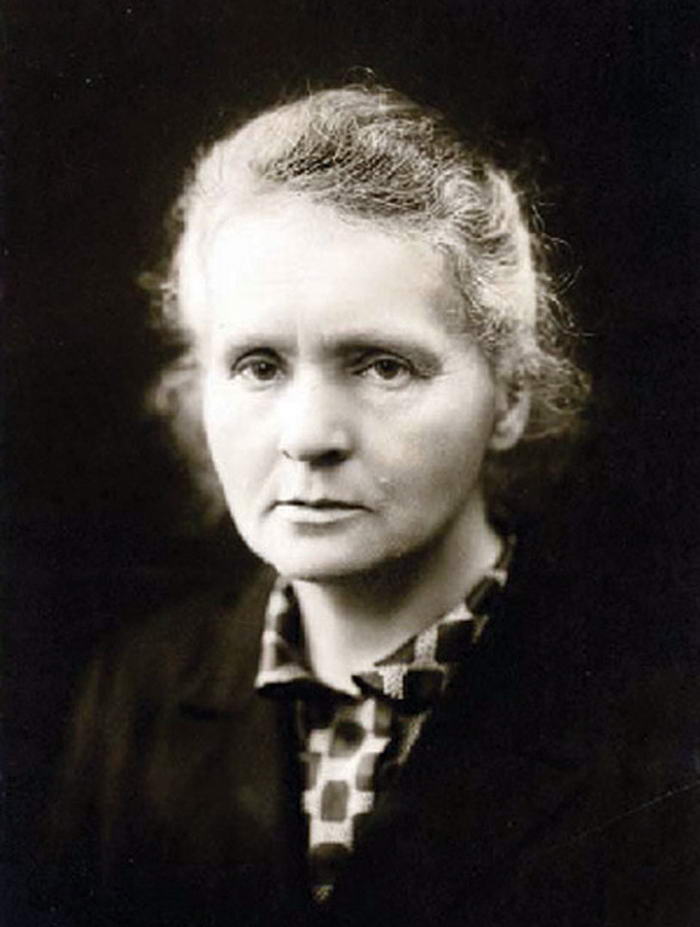
Born in Warsaw, Poland, in a time when women’s access to education was highly restricted, Marie defied societal norms and pushed against these boundaries to become the first woman to win a Nobel Prize, and remains the only person to win the prestigious award in two different sciences – Physics and Chemistry.
Curie’s work in radioactivity, a term she herself coined, changed the face of science forever. She discovered two new elements, polonium and radium, providing the foundation for developing X-rays, a revolutionary step in the field of medicine. Despite working in incredibly challenging conditions, often with scarce resources, Marie Curie’s dedication never wavered.
Her resilience in the face of adversity, groundbreaking discoveries, and uncompromising commitment to research make Marie Curie one of the most famous women in history. Her journey remains a shining example of the power of scientific curiosity and the potential it holds in advancing human understanding.
07 – Cleopatra

Cleopatra stood out from the rest of the Ptolemaic dynasty for several reasons. Her ancestors were Greek and chose to speak their own language instead of Egyptian, but Cleopatra took it upon herself to learn Egyptian as well. In addition, she chose to look and dress like the goddess Isis, who embodied everything desirable about femininity and motherhood. As such, Cleopatra was an incredibly powerful and popular female leader. However, eventually she chose to end her own life; legend has it that she made a cobra bite her, poisoning her to death.
06 – Mother Teresa
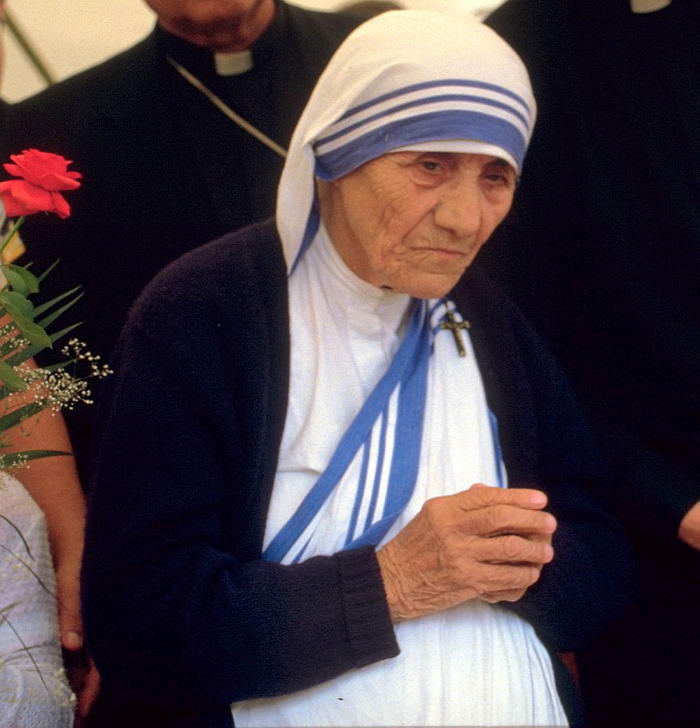
Mother Teresa, a famous woman known across the globe, has left an indelible mark on humanity. Her life and works epitomize selfless service and compassion, making her one of the most venerated women in history.
Born Anjezë Gonxhe Bojaxhiu in Skopje, now North Macedonia, Mother Teresa was an ordinary woman with an extraordinary vision. She devoted her life to the service of the poor, the sick, and the abandoned, her every action guided by boundless love and deep faith.
Moving to India at 19, she spent the majority of her life there, initially working as a teacher before founding the Missionaries of Charity. This organization, which started with just 12 members, now operates in over 130 countries, carrying on her mission of serving the poorest of the poor.
Mother Teresa’s life was a testament to the power of love and compassion. Despite facing numerous challenges, she remained unwavering in her dedication to serve those in need. She was recognized with the Nobel Peace Prize in 1979, a fitting tribute to a female figure who embodied peace and selfless love.
05 – Margaret Thatcher
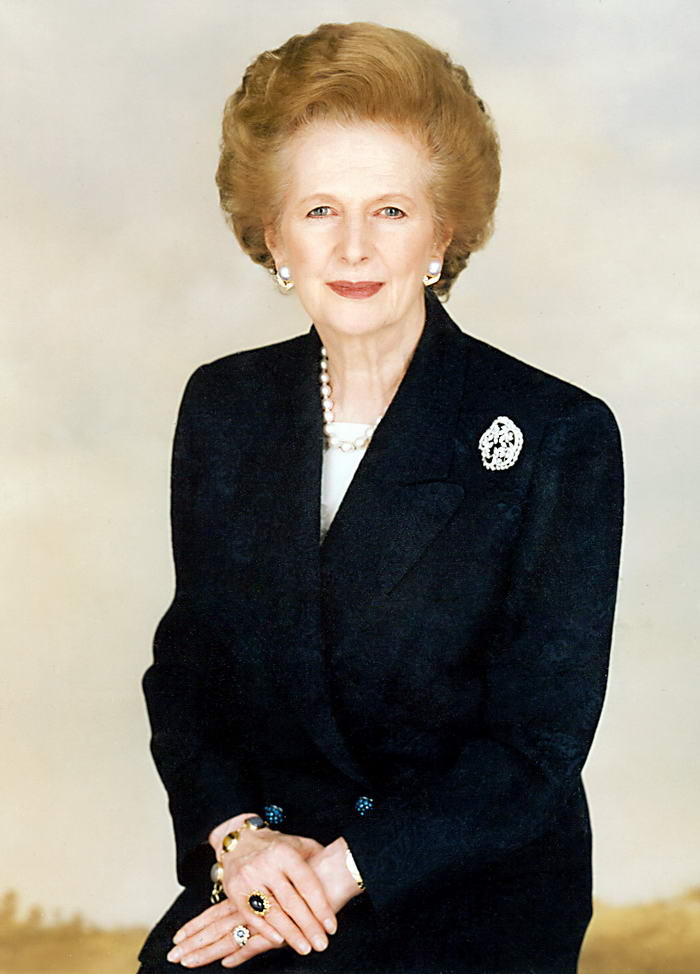
Thatcher was nicknamed the ‘Iron Lady’; she has been described as being a very divisive leader. She completely changed Britain’s political, social and economic states, thanks to her policies which aimed to reduce unemployment, privatise state-run companies and reduce the impact of trade unions. Some of her more controversial moves included closing the coal mines in Wales and the north of England, as well as the Falklands War, which indicated that her power and influence reached all corners of the globe.
04 – Queen Elizabeth I
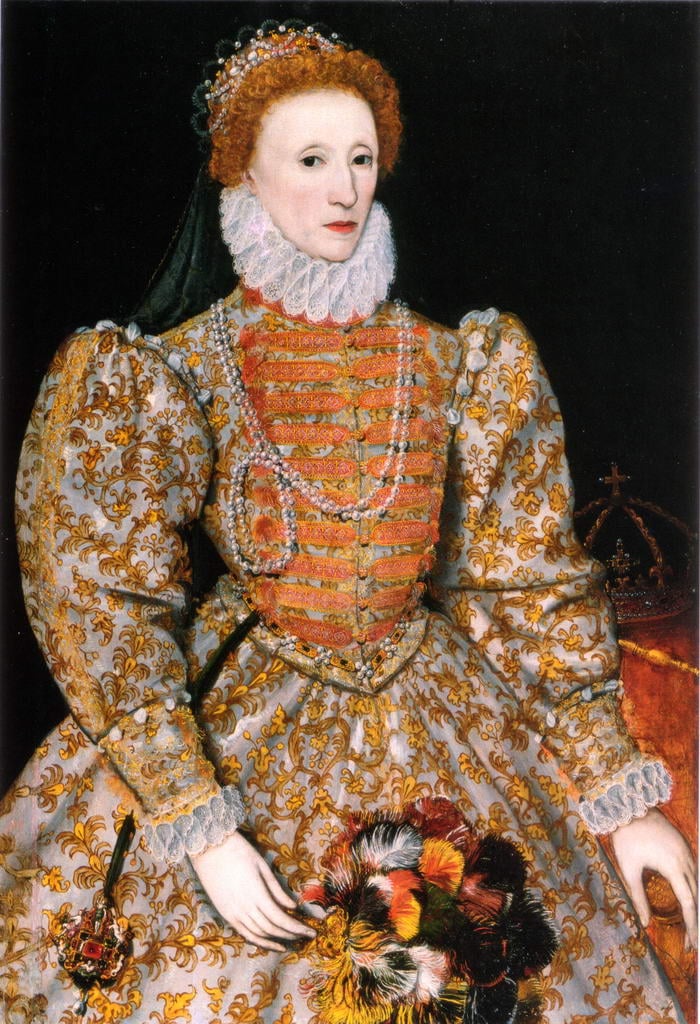
As she was not married and did not have any political ties to any other countries, Queen Elizabeth I was an independent woman who could make her own decisions and lead the country in her own direction. In fact, her first move as Queen was to transfer the country to being a Protestant state. She reigned at a time of great importance in Britain’s history; she was Queen when Britain defeated the Spanish Armada, when Sir Walter Raleigh discovered America, and when William Shakespeare penned his infamous works. The impact that this woman has had on the world since then is irrefutable.
03 – Oprah Winfrey
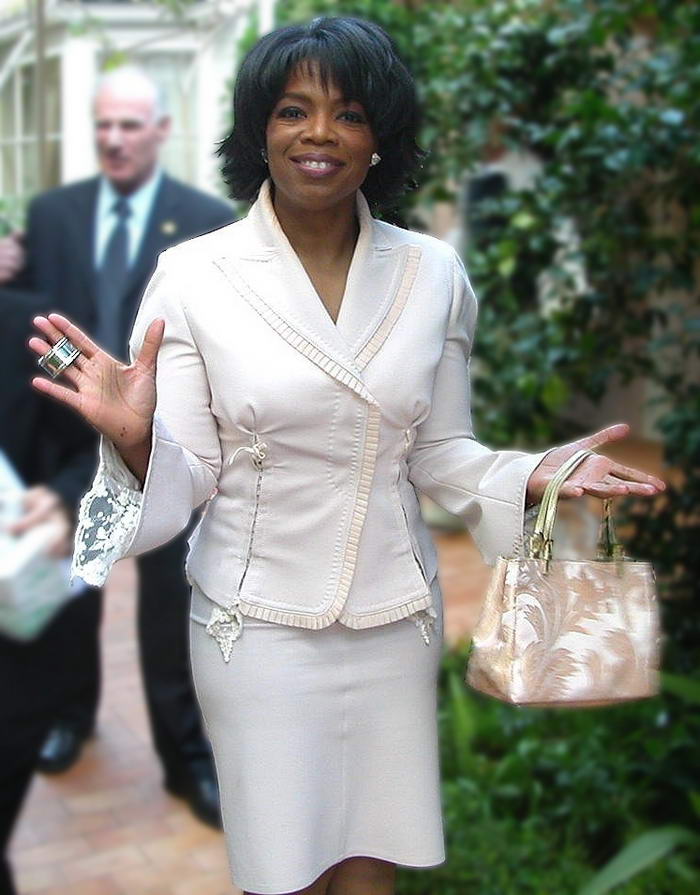
Born into poverty and hardship, Oprah’s journey wasn’t easy. From an early age, she showed an unyielding spirit, working her way up from being a radio host to become one of America’s most loved TV personalities. Her TV show, “The Oprah Winfrey Show,” transformed television and created a platform for open discussions on sensitive topics, pushing the boundaries of conventional talk shows.
Oprah’s personal story of triumph against adversity has been a source of inspiration for millions worldwide. As the first black woman in history to become a billionaire, she shattered numerous barriers in her rise to success. Her relentless efforts to give back to society have left an indelible mark in philanthropy, with her contributions in the fields of education and humanitarian work being truly exceptional.
A significant part of her legacy lies in her ability to touch lives. Her poignant interviews, empathetic approach, and the courage to speak openly about personal struggles have made her a symbol of resilience. Her life, in essence, is a testament to the power of determination, making Oprah Winfrey an inspirational famous woman for generations.
02 – Eleanor Roosevelt
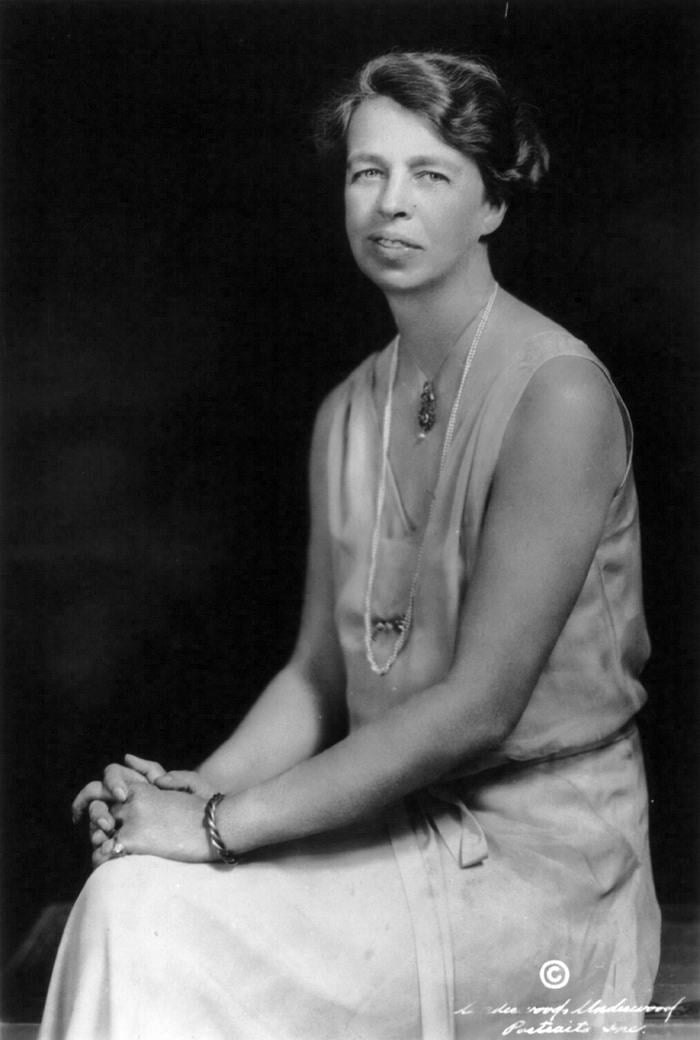
After Franklin D. Roosevelt’s death, Eleanor Roosevelt continued to carve out a very impressive career for herself. She was heavily involved with United Nations activity, being the U.S. delegate and the Chairman of the UN Commission on Human Rights. She was instrumental in the introduction of the Universal Declaration of Human Rights – a document which didn’t just affect people at the time, but one that is still shaping the lives of every person around the world to this very day.
01 – Queen Victoria
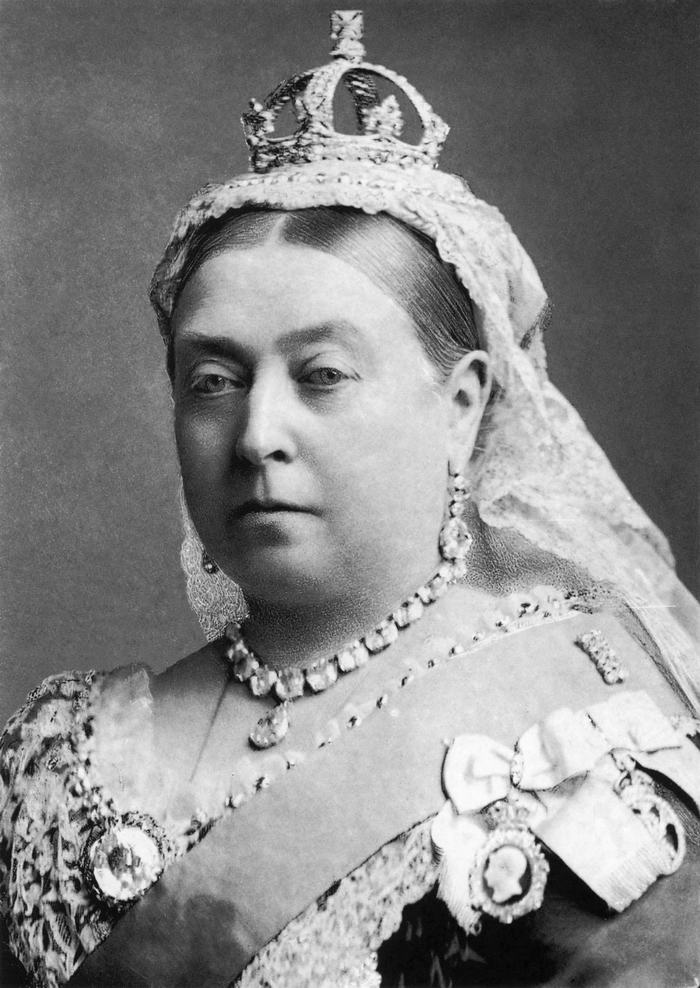
Born into a world where power was almost exclusively in the hands of men, Victoria ascended to the throne at the tender age of eighteen. Her reign lasted an incredible 63 years, a testament to her strength and fortitude. Under her rule, Britain saw a period of industrial, cultural, and scientific change, as well as territorial expansion.
Queen Victoria played a crucial role in redefining the monarchy’s place in society. Despite facing numerous challenges, she remained firm, handling her responsibilities with utmost diligence. Her reign marked a transition in British society, ushering in significant political and social reforms.
Victoria was not merely a woman in history but a symbol of a transformative age. From overseeing the expansion of the British Empire to promoting arts and sciences, her reign marked an era of exceptional progress. In an era defined by men, Queen Victoria stood out, making her an influential female figure and one of the most famous women to have graced history.
Bonus 1 – Frida Kahlo

Frida Kahlo remains one of the most influential women in history of the art world. A famous woman in her own right, she carved a distinct place for herself in a domain traditionally dominated by men. Her unique style, deeply personal and symbolic, made a profound impact on the art world and continues to inspire artists globally.
Born in Mexico City in 1907, Frida’s life was marked by physical suffering due to a debilitating accident at a young age. However, this suffering was transformed into powerful and raw artistic expressions, making her one of the most recognizable figures in modern art.
Frida’s art is a vivid tapestry of her emotions, experiences, and identity. Her self-portraits, a significant part of her work, are famed for their emotional intensity and stark honesty. They bring out her struggles, her pain, and her resilience, presenting a deeply personal narrative that resonates with people universally.
Besides her art, Frida Kahlo was also famous for her bold personality and her political convictions. She remains an iconic female historical figure, a woman who defied norms, expressed herself fearlessly, and left an indelible mark on the art world.
Bonus 2 – Malala Yousafzai
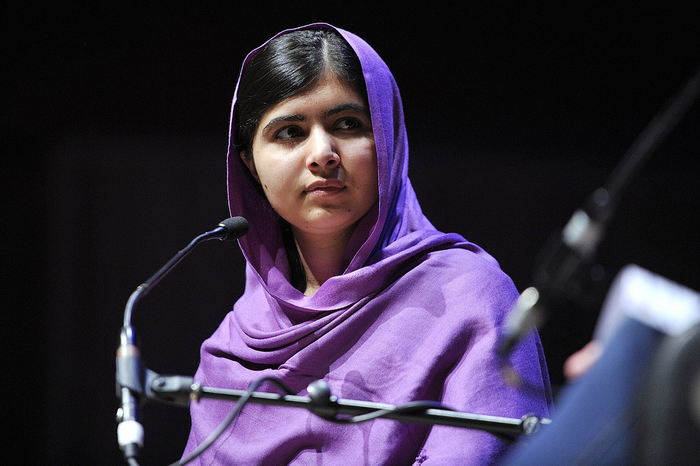
Amid the diverse narratives of famous women who have changed the world, Malala Yousafzai’s tale of courage stands tall. As the youngest Nobel Prize laureate, Malala’s inspiring journey makes her a key female figure in the fight for girls’ education.
Malala Yousafzai, born in Mingora, Pakistan, came into the global spotlight when she took on the Taliban, advocating for girls’ right to education. She passionately voiced her beliefs in the face of extreme adversity, even after surviving an assassination attempt at the age of fifteen.
Her tenacity didn’t falter. After her recovery, she continued to champion girls’ education globally. Through her organization, the Malala Fund, she works tirelessly to ensure every girl has access to 12 years of free, safe, and quality education.
Today, Malala is one of the most influential advocates for educational equity. Her story is a reminder that age is no barrier to impacting the world. She is indeed a famous woman in history who has, and continues to shape our world for the better.
Bonus 3 – Rosa Parks

Rosa Parks, a stalwart of the Civil Rights Movement, is a famous woman in history whose simple act of defiance ignited a massive social change. Dubbed as the “Mother of the Freedom Movement,” she remains a potent symbol of resistance against racial segregation.
In Montgomery, Alabama, 1955, Rosa Parks made a stand by taking a seat. Her refusal to give up her bus seat to a white passenger was not just an act of civil disobedience. It sparked the Montgomery Bus Boycott, a pivotal event in the Civil Rights Movement.
Parks’s courage challenged the unjust laws of segregation, sparking a nationwide movement for equality. This act of defiance echoed through generations, inspiring many to stand up against injustice. She became an enduring symbol of dignity and strength in the struggle for racial equality.
Interestingly, her legacy also seeped into pop culture. American hip hop duo OutKast released a song named “Rosa Parks” in 1998. The song, with its catchy chorus, served as a tribute to Parks and her impact on American history, cementing her status as a famous historical woman who altered the course of history.


